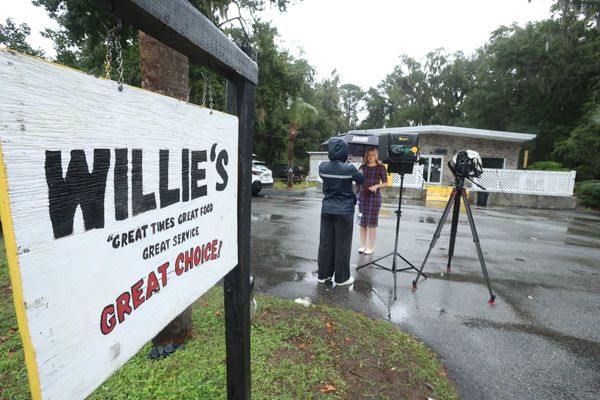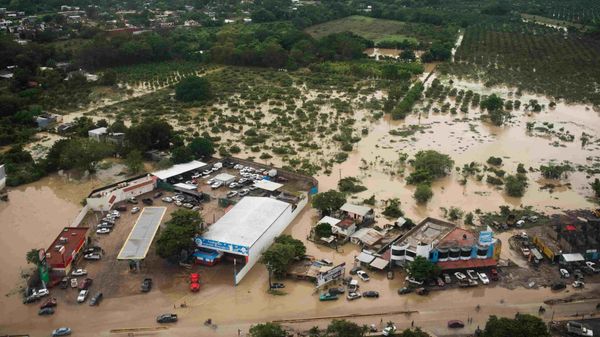The recent floods in Chennai, particularly in areas like Perumbakkam and Semmencheri, where Tamil Nadu Urban Habitat Development Board (TNUHDB) has resettled thousands of families, has highlighted the need for a rethink on the resettlement of the urban poor in Chennai, said Information and Resource Centre for the Deprived Urban Communities, an NGO.
In a detailed statement, the organisation said the flooding in these areas has exposed the fundamental flaws in the approach to resettlement. While majority of these people were evicted from their previous places for restoring waterways like Cooum and Adyar rivers, they have been resettled in path of floods in areas that are ecologically sensitive.
The statement said that such instances of flooding in these sites exacerbated the existing hardships of the families whose livelihoods were already affected when they were moved from the city to its peripheries.
It further highlighted that the draft Rehabilitation and Resettlement policy released by the government in October 2021 mentioned that resettlement sites should not be located in “lands which are located in the buffer areas of ecologically sensitive zones, protected areas, the forests, lands which are affected by industrial pollution, and environmental degradation.” The statement stressed the need for finalising the policy, which has remained pending for more than two years. It also urged the need to strengthen the ‘Resilient Urban Design Framework’ of the TNUHDB.







